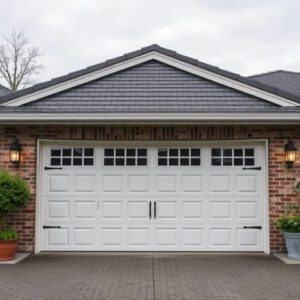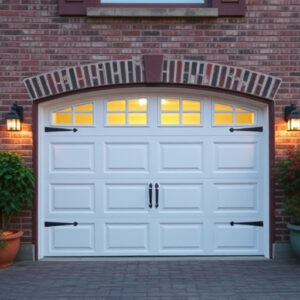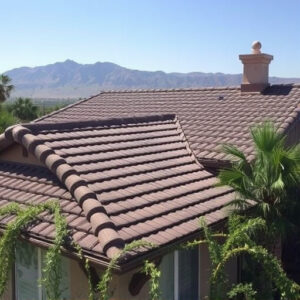Rollers Lubrication: Silent Garage Doors & Efficient Repair
Garage door noise, caused by worn or lubricated parts, is a common homeowner frustration. Regular ro…….
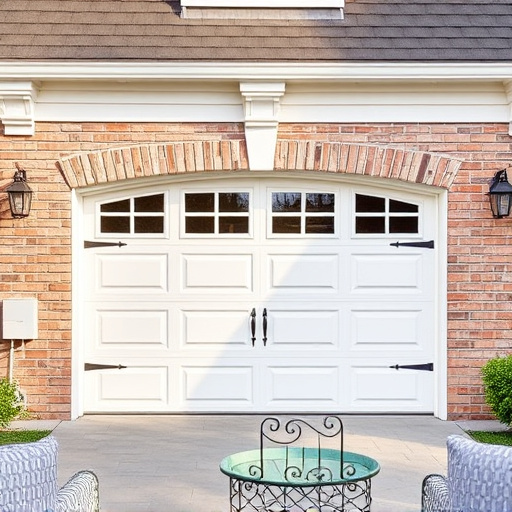
Garage door noise, caused by worn or lubricated parts, is a common homeowner frustration. Regular roller lubrication, often overlooked, is key to preventing friction, wear, and damage. Proactive maintenance reduces noise, extends door lifespan, and saves on costly garage door repair by minimizing metal-on-metal contact and wear.
Roller lubrication is a simple yet powerful tool in the world of garage door repair. Understanding and addressing garage door noise is crucial for smooth operations and longevity. In this article, we delve into the common causes of garage door noise and its impact on your daily life. We explore how roller lubrication significantly reduces friction, enhancing performance and quietness. Regular lubrication offers numerous benefits, ensuring your garage door operates smoothly, safely, and efficiently. Learn effective techniques to keep your garage door in top shape.
- Understanding Garage Door Noise: Common Causes and Impact
- The Role of Roller Lubrication in Reducing Friction
- Benefits of Regular Lubrication for Smooth Operations
- Effective Lubrication Techniques for Your Garage Door
Understanding Garage Door Noise: Common Causes and Impact
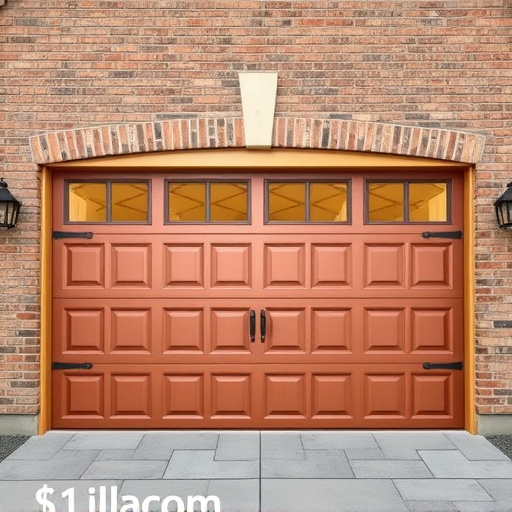
Garage door noise is a common issue that many homeowners face, often leading to frustration and potential concerns about their property’s value. Understanding the sources of this noise is key to addressing it effectively. One of the primary reasons for garage door clatters and creaks is worn-out or improperly lubricated components. The rolling elements, such as wheels and rollers, play a crucial role in smooth operation. Over time, these parts can become stiff due to rust, debris buildup, or lack of lubrication, resulting in noticeable sounds whenever the door is opened or closed.
In terms of garage door repair, addressing noise issues early is essential for maintaining the overall functionality and longevity of the system. The impact of noisy operations extends beyond mere annoyance; it can indicate underlying problems that, if left unchecked, may lead to more severe damage and costly repairs. Regular lubrication, especially focusing on rollers, can prevent such issues by ensuring these components glide smoothly, reducing friction, and minimizing unwanted noise.
The Role of Roller Lubrication in Reducing Friction
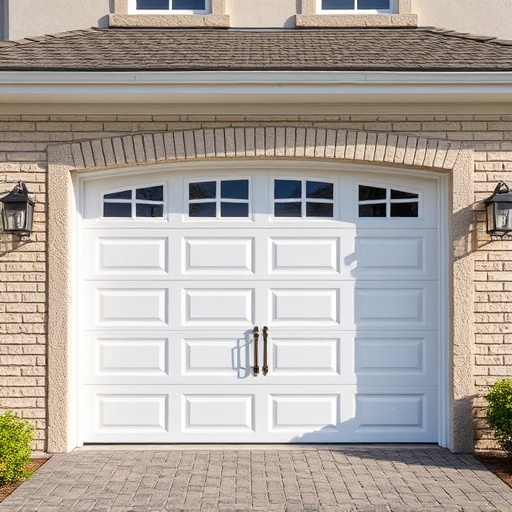
Roller lubrication plays a pivotal role in mitigating friction within garage door systems, an aspect often overlooked in garage door repair and maintenance. As doors open and close repeatedly, rollers experience significant wear and tear, leading to increased friction that can result in noisy operations. Applying lubricant to these rollers acts as a buffer, reducing the contact between moving parts and easing the burden on the mechanical components.
This simple yet effective strategy is particularly beneficial for garage door owners looking to enhance their home’s comfort and security. By regularly lubricating the rollers, homeowners can prevent excessive noise, ensure smoother operations, and prolong the lifespan of their garage doors. Effective lubrication forms a protective layer, minimizing the impact of dust, debris, and environmental factors that could otherwise accelerate wear and tear, making it an essential part of any garage door repair and maintenance regimen.
Benefits of Regular Lubrication for Smooth Operations
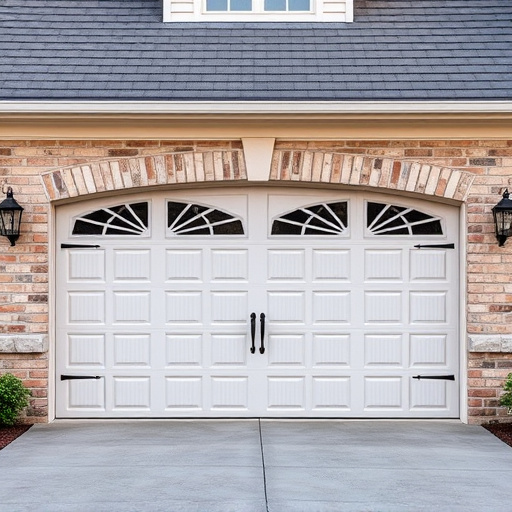
Regular lubrication plays a pivotal role in maintaining smooth and quiet garage door operations. By applying lubricants to moving parts, such as tracks, hinges, and rollers, homeowners can significantly reduce the noise level associated with garage doors. This simple maintenance step prevents metal-on-metal friction, which is often the primary cause of garish creaking and grinding sounds. Over time, lubrication also ensures that all components move smoothly and efficiently, reducing the risk of mechanical breakdowns and costly garage door repairs.
In terms of garage door repair, proactive lubrication can save time and money in the long run. By minimizing wear and tear on parts, regular maintenance reduces the likelihood of sudden failures or the need for extensive replacements. This is especially beneficial for older doors or those that experience frequent use, ensuring they function optimally and reliably throughout their service life.
Effective Lubrication Techniques for Your Garage Door
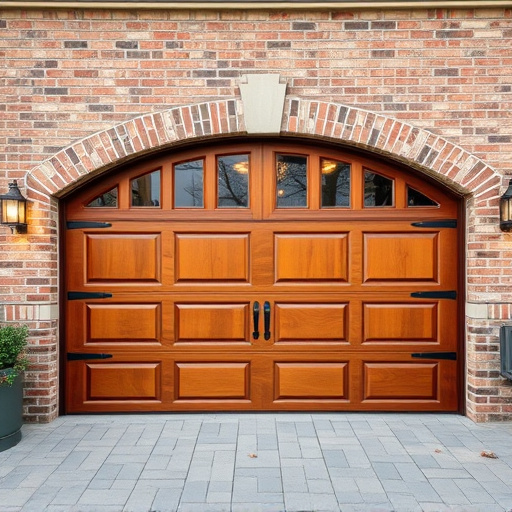
Effective lubrication is key to maintaining a seamless and quiet operation of your garage door, an essential aspect of regular garage door repair. Regular application of lubricants can prevent harsh friction points between moving parts, which often lead to loud squeaking or grinding noises. When choosing a lubricant, opt for products specifically designed for garage doors as they are built to withstand environmental elements and won’t attract debris that could cause further damage.
Focus on high-friction areas like the door tracks, wheels, and hinges when lubricating. These areas often require more attention due to consistent wear and tear. Use a small amount of lubricant at these points, ensuring it penetrates the space to reduce friction. Remember, over-lubrication might attract dirt and debris, so a light touch is best. Regular, gentle lubrication will ensure your garage door operates smoothly, silently, and efficiently, saving you from costly garage door repair down the line.
By implementing regular roller lubrication, you can significantly reduce garage door noise and enhance smooth operations. Understanding the common causes of garage door noise and the crucial role of lubrication is essential for effective garage door repair. Adopting simple yet effective lubrication techniques ensures your garage door runs smoothly, quietly, and efficiently, contributing to a better overall experience.

